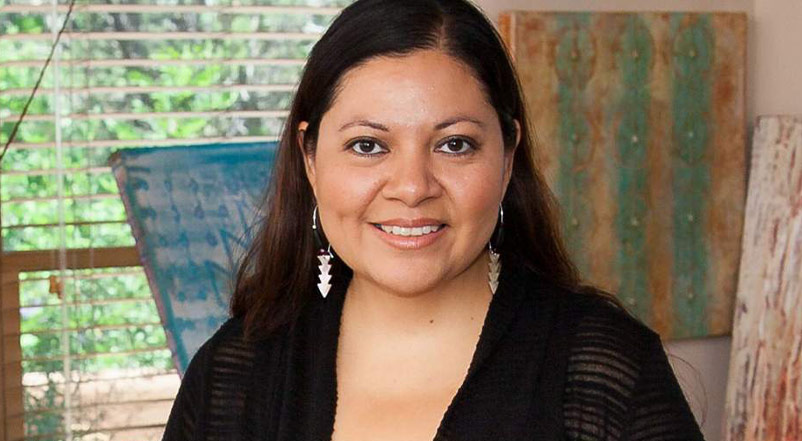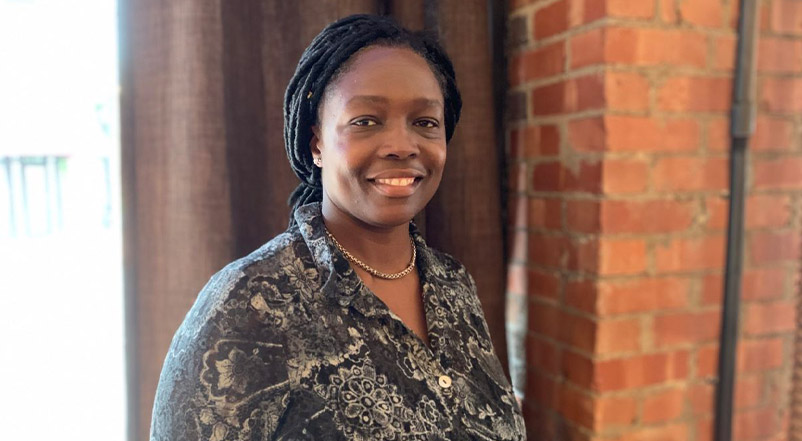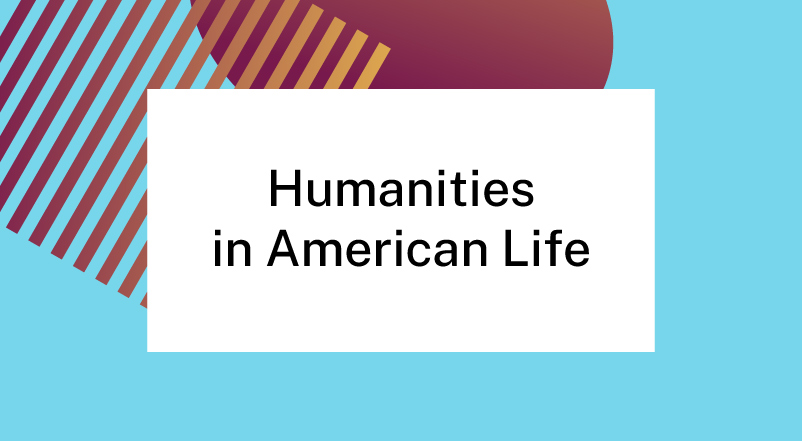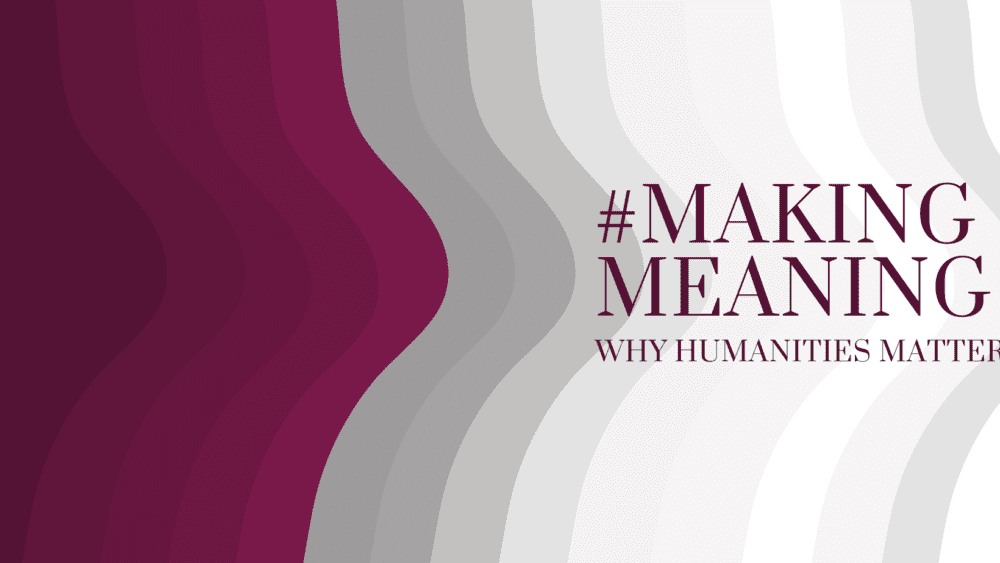This six-episode season is about the role the humanities have played during the pandemic and in our recovery across the greater United States. Each episode balances two interviews: one that tells a story from a public humanities program about a specific topic and another that takes a broad-ranging look at it with a humanities leader.
Members Elect New Chair and Board Members to Federation Board of Directors at Annual Business Meeting
The Federation of State Humanities Councils announces the election of Paxton Williams as chair and three new members to its board of directors by the Federation membership, effective November 13, 2021. Williams succeeds Susan McCarthy as chair. The new board members include one humanities council executive director, Kevin Lindsey (MN), and two public members, Juana Guzman (IL) and Mark Miyake (WA).

Two Schwartz Prizes Awarded to Nevada Humanities and Minnesota Humanities Center at #VirtualNHC21
In a year that demanded so much from our humanity, these programs brought opportunities for community members to express themselves, gather together, and provide much-needed context for what we were experiencing as a nation.
7 Ways to Rethink Equitable Grantmaking
How do we define equity? How do we measure equity? How can we affect change? Here are seven takeaways from their conversation.

Making Meaning Episode 6: Indigenous Communities And The Strength of Storytelling
Writer and visual artist Melissa Melero-Moose talks about fostering creativity during the pandemic on the Reno-Sparks Indian colony in Hungry Valley, NV. Eric Hemenway, director of the Department of Repatriation, Archives and Records for the Little Traverse Bay Bands of Odawa Indians, explains how storytelling can uncover misrepresentations about Native communities.

Making Meaning Episode 5: Living Histories of Race and Racism
L. Danyetta Najoli, co-founder of The Black American Tree Project, explains how the immersive story-telling project’s design evokes a sense of reckoning with slavery’s origins. Dr. Jack Tchen, the Inaugural Clement A. Price Chair in Public History and the Humanities and Director of the Price Institute at Rutgers University, takes a deep dive into histories of dispossession.

Making Meaning Episode 4: By the Book: Connecting Rural Communities
Jenny De Groot, a children’s librarian on Orcas Island in the Pacific Northwest, reads some of her favorite books while sharing how her remote community found ways to connect during the pandemic. Dr. Chuck Fluharty, founder, President, and CEO of the Rural Policy Research Institute (RUPRI), explores the future of rural and urban communities through a public humanities lens.

Making Meaning Episode 3: Environmental Justice, Climate Disasters, And The Humanities
Adrienne Kennedy, a climate activist and organizer from south Lumberton, North Carolina, talks about what environmental justice looks like for her after Hurricane Matthew destroyed her home. Dr. Joseph Campana, director of the Center for Environmental Studies at Rice University, explores ways the humanities can help us process relentless patterns of climate catastrophe.

One Librarian’s “Watershed Moments” During The Pandemic
In the summer of 2020, Kristina Moe was preparing to open Water/Ways, a Smithsonian travelling exhibit and one of the first North Carolina Humanities “Watershed Moments” events of the year, at the Macon County Public Library where she works as a reference assistant. “To be honest, I was very nervous,” Moe recalled.

Making Meaning Podcast Episode 2: Civic Engagement by Way of Poetry
Carol Ann Carl, a storyteller from Pohnpei Island in the Federated States of Micronesia, talks about how she uses poetry to advocate for historically marginalized communities, and two-term US Poet Laureate Natasha Trethewey describes how poetry can articulate acts of civic engagement.

Making Meaning Podcast Episode 1: The Humanities in Times of Crisis
Poet, writer, and physician Dr. Rafael Campo reads his poem “The Doctor’s Song” and talks about the healing power of the humanities. Dr. Gioia Woods, a professor in the Department of Comparative Cultural Studies at Northern Arizona University, unpacks The Pandemic Stories Project, a reading, discussion, and oral history program she created to document the impact of COVID-19 in her rural community.
Humanities Councils Celebrate National Arts and Humanities Month
Teaching, learning, listening, and reflecting–this is just a snapshot of the work humanities councils are doing this month and all year long.

